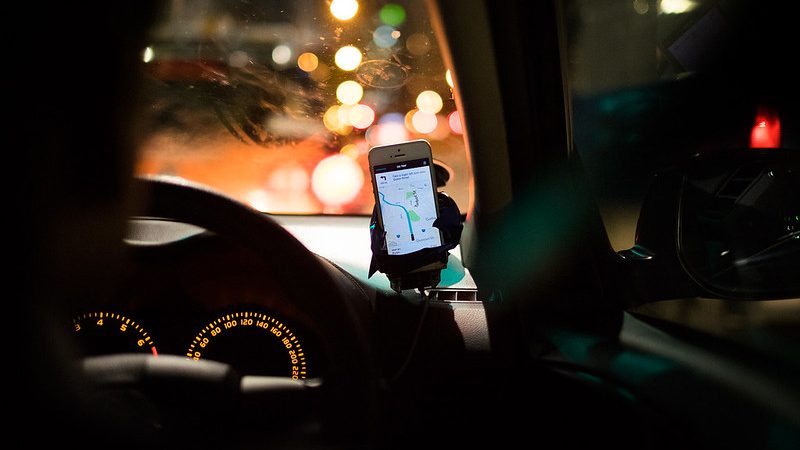A survey shows that four in five drivers working for two private hire app companies, say their earnings do not cover the cost of living.

Conducted by the law firm Leigh Day, the survey reveals that more than 80 percent of gig economy drivers working for Addison Lee and Bolt, say that the money they earn does not cover living costs. This is despite over half of drivers working more than 12-hour days, and almost three-quarters working more than six consecutive days without taking time off. Additionally, almost half of the drivers surveyed said they have worked at least one full day without having a break.
The survey involved the law firm asking 860 drivers to share their experiences, in order to gain insight into the working practices and rights of the two private hire companies.
Omar Ayad, a driver with the Estonian-based ride-hailing app Bolt, which had 65,000 drivers working in Britain in 2022, says it is hard to support his family on the money he makes driving with Bolt, even though he works long hours.
“Bolt says us drivers are self-employed but they can suspend our accounts so how can that be?
“Getting workers’ rights would make a big difference to me, especially with the price of everything going up. It’s stressful worrying about if I’ll earn enough money to pay all my bills each month.”
In response to the findings of the survey, Nigel Mackay, a partner in the Leigh Day employment team, said: “Gig economy workers should not be struggling to feed their families and pay their bills purely because the companies they work for, such as Addison Lee and Bolt, refuse to accept that they should be classified as more workers and given the rights this status affords.
“The drivers we surveyed work exceedingly long hours yet still do not earn enough to cover the cost of living. This goes to show that changes need to be made to improve workers’ rights for our clients.”
In February, the App Drivers and Couriers Union (ADCU) accused Transport for London (TfL) of failing to regulate and supervise Bolt and Uber fares, and allowing ‘dangerous’ algorithmic pricing. The union also demanded that Uber and Bolt raise fares to £2.50 per mile and take no more than 15 percent commission from drivers. Members of ADCU staged a protest in London against TfL and the Mayor of London, who they accused of allowing “abusive algorithms” to determine taxi fares.
Leigh Day is currently pursuing legal claims against gig-economy employers of workers’ rights, including the minimum wage and paid holidays. In 2021, the law firm launched a group claim against Bolt pressing for its drivers to be classified as employees and not self-employed contractors.
LFF contacted Bolt and Addison Lee for commentary on the survey. A spokesperson for Bolt said:
“Bolt conducts extensive engagement with drivers on a regular basis. This is designed to ensure that we continue to present the leading offer to drivers in a highly competitive market.”
Gabrielle Pickard-Whitehead is a contributing editor to Left Foot Forward
To reach hundreds of thousands of new readers we need to grow our donor base substantially.
That's why in 2024, we are seeking to generate 150 additional regular donors to support Left Foot Forward's work.
We still need another 117 people to donate to hit the target. You can help. Donate today.



